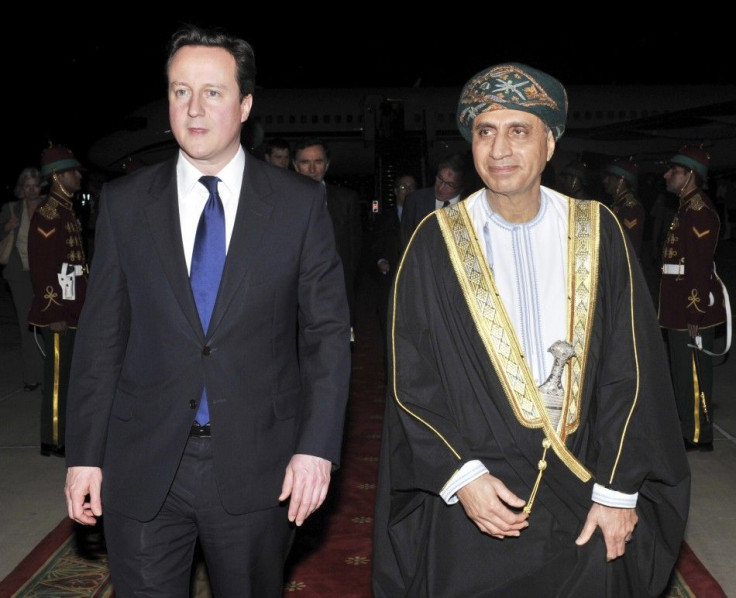Mideast unrest spreads to Oman; 2 killed in protests

Unrest in the Middle East has now apparently reached the Persian Gulf kingdom of Oman where two people are reported to have died following clashes between state security officers and anti-government protesters. Another ten people were wounded by police firing rubber bullets and tear gas, according to reports.
Hundreds of Omanis have assembled in the city of Sohar, demanding political reforms and job creation. The state-controlled media, Oman News Agency, said some public and private property in the city was destroyed.
The police and anti-riot groups combated this vandal group in a bid to maintain the safety of the citizens and their properties which resulted in some injuries, the agency said.
Reuters reports that protests have also taken place in the town of Salalah.
Oman, which has been ruled by Sultan Qaboos bin Said for more than forty years, had been largely untouched by the civil unrest sweeping across the Arab world until now. The oil-rich kingdom is a long-time strategic ally to the US and UK.
In response the growing agitation, Qaboos fired six ministers in his cabinet and replaced them, in a move he described as serving the the public's interest. He also vowed to increase social benefits for students.
Qaboos rules Oman by decree – although the government has an elected Consultative Assembly, it has no legislative powers. Moreover, not all adult Omanis are allowed to vote in Assembly elections.
The country remains extremely conservative, even by Middle East standards. Up until 1970, when Qaboos deposed his father to seize power, Oman was largely isolated from the outside world. The Sultan opened the country to foreign trade, enacted economic reforms, and spent heavily on health and education.
Now, Oman depends on oil revenues and tourism. A large proportion of the kingdom’s population are foreign nationals – the government has started a program to replace them with locals.
.
© Copyright IBTimes 2024. All rights reserved.





















